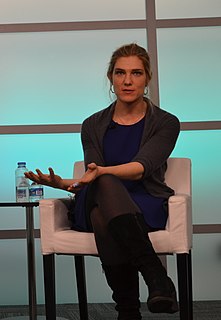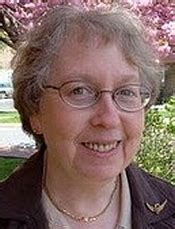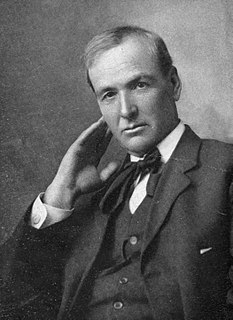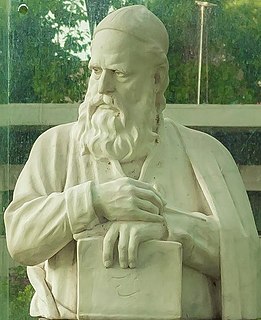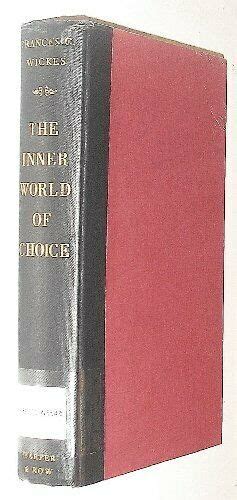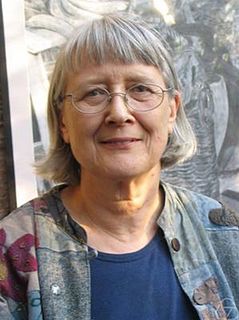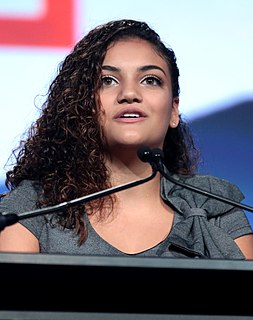A Quote by Lynn Steen
The lock-step approach of algebra, geometry, and then more algebra (but rarely any statistics) is still dominant in U. S. schools, but hardly anywhere else. This fragmented approach yields effective mathematics education not for the many but for the few primarily those who are independently motivated and who will learn under any conditions.
Related Quotes
So what if I don't learn algebra?' 'Someday schools will be open again,' Mom said. 'Things will be normal. You need to do your work now for when that happens.' 'That's never going to happen,' Jon said. 'And even if schools do open up somewhere, they're not going to open up here. There aren't enough people left.' 'We don't know how many people are like us, holed up, making do until times get better.' 'I bet whoever they are, they aren't studying algebra,' Jon said.
Gel'fand amazed me by talking of mathematics as though it were poetry. He once said about a long paper bristling with formulas that it contained the vague beginnings of an idea which could only hint at and which he had never managed to bring out more clearly. I had always thought of mathematics as being much more straightforward: a formula is a formula, and an algebra is an algebra, but Gel'fand found hedgehogs lurking in the rows of his spectral sequences!
I know we can all remember the days of sitting in algebra class asking ourselves, 'why will I need algebra or chemistry in the future?' The answer was and still remains that advanced math and science classes help high school students develop their analytical and cognitive skills and better prepare them to compete in college and the workplace.


